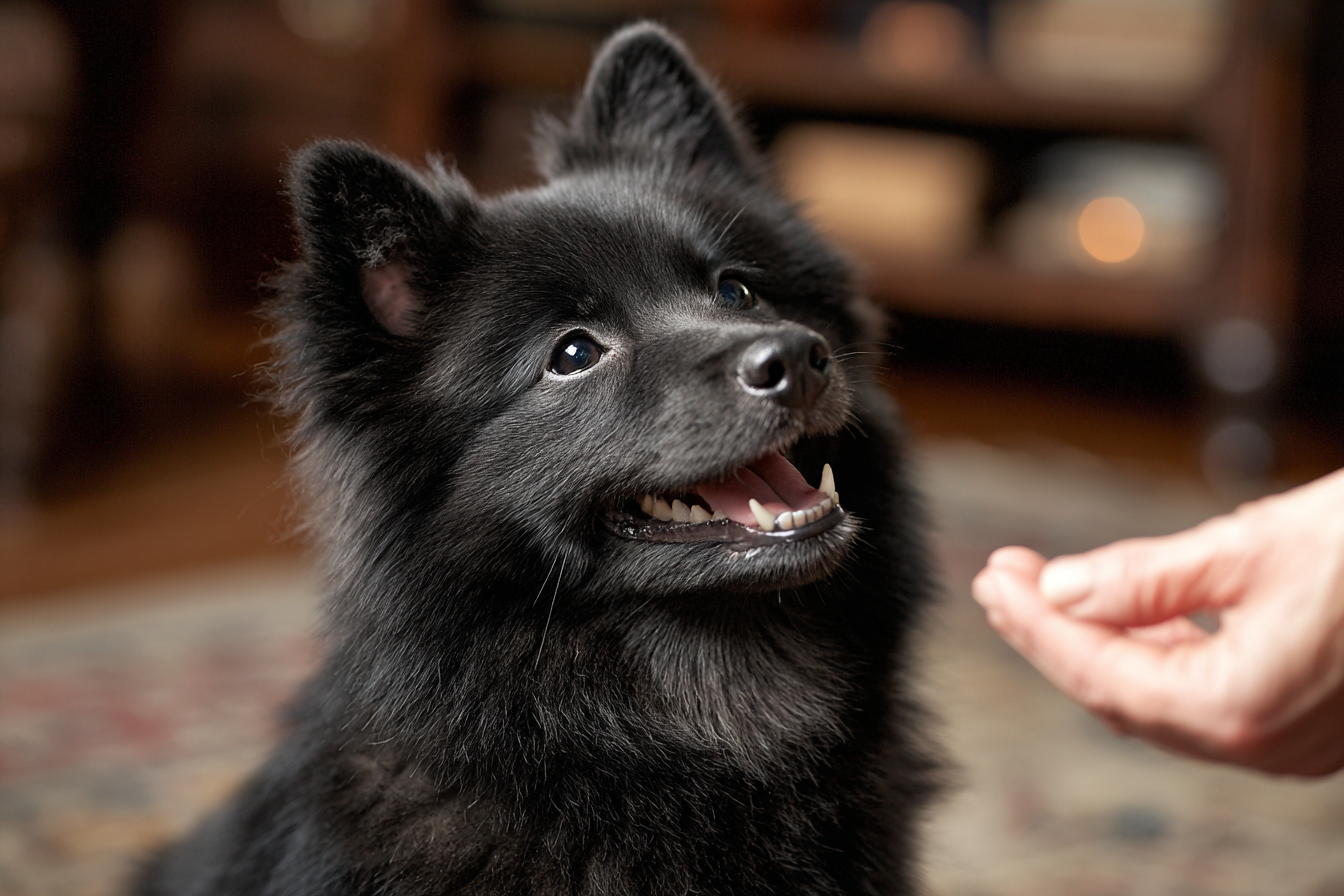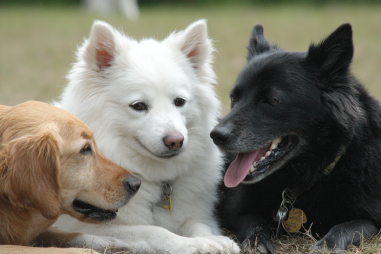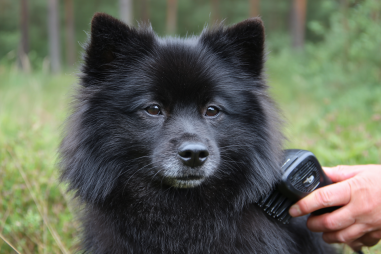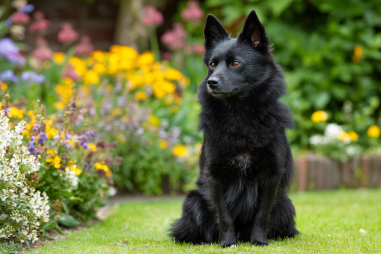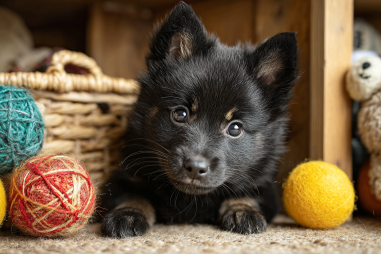The Schipperke is a small, agile dog with a big personality. Known for their lively spirit and sharp intelligence, Schipperkes are much more than just cute companions. If you’re considering bringing one into your home or simply curious about this unique breed, understanding their behavior and temperament is essential. This insight helps build a strong, nurturing bond and ensures a happy, well-adjusted dog.
General Personality Traits
Schipperkes are often described as spirited, curious, and alert. Despite their compact size, they exhibit a bold and confident demeanor. These dogs tend to be very independent thinkers, often displaying a cleverness that can surprise new owners. Their natural curiosity means they are explorers at heart, always eager to investigate their surroundings.
One of their hallmark traits is their watchdog instinct. Schipperkes tend to be highly alert and will quickly notify their owners of anything unusual. This makes them excellent watchdogs, even though they are not overly aggressive. Their quick wit and high energy levels also mean they thrive in environments where they have mental and physical challenges to tackle.
Common Behavioral Patterns
Schipperkes demonstrate several distinctive behaviors that reflect their historical roots as barge dogs and ratters. They are known for their agility and quick movements, often darting about with a playful yet focused energy. This breed typically loves to be active and enjoys having tasks or games that engage their mind and body.
You may notice a tendency for Schipperkes to be vocal, frequently alerting their owners with enthusiastic barking. While this can be useful as a form of protection, it requires consistent training to ensure it remains under control and doesn’t escalate into nuisance barking.
Additionally, Schipperkes often display a strong prey drive. Their background involving the control of vermin means they are natural hunters and may be inclined to chase after small animals or fast-moving objects.
Social Behavior with Humans and Pets
With their human families, Schipperkes tend to form deep bonds and often prefer the company of their close-knit pack rather than large crowds. They can be reserved or cautious around strangers but are typically affectionate and loyal with those they know well. Early socialization is crucial for Schipperkes to prevent shyness or wariness from turning into territorial or aggressive tendencies.
When it comes to other pets, Schipperkes generally get along well, especially if raised together. However, their strong prey drive may cause challenges with smaller animals like cats or rodents. Supervision and gradual introductions can help ease these interactions. They do well with other dogs, particularly if given regular opportunities to socialize and play in controlled environments.
How Schipperkes Express Emotions
Understanding how Schipperkes communicate emotionally can deepen your relationship with them. They often express happiness and excitement through wagging their fluffy tails and displaying energetic body language, such as playful bowing or jumping. Their faces can be quite expressive, with bright, alert eyes and perked ears when curious or attentive.
When stressed or uneasy, Schipperkes might exhibit signs such as pacing, whining, excessive barking, or even digging and chewing. Recognizing these signals early helps owners address the underlying causes, whether they be boredom, anxiety, or discomfort.
Schipperkes are sensitive dogs and tend to respond well to positive reinforcement, responding to gentle tones and praise. Harsh corrections can cause them to become mistrustful or withdrawn, so a calm, consistent approach works best.
Tips for Managing Challenging Behaviors
Like many intelligent and energetic breeds, Schipperkes can develop challenging behaviors if their needs are not met. Excessive barking, digging, and stubbornness are common issues that may arise. Here are some tips to manage these behaviors effectively:
- Provide regular exercise: Daily walks, play sessions, and mental stimulation reduce excess energy that might fuel problem behaviors.
- Consistent training: Positive reinforcement techniques foster cooperation and reduce stubbornness.
- Structured environment: Establish routines to give your Schipperke a sense of security and reduce anxiety-driven behavior.
- Address barking: Teach a “quiet” command early and reward calm responses to minimize nuisance barking.
- Redirect digging: Offer appropriate alternatives like a digging box or toys and discourage destructive digging through supervision.
Patience and consistency are key. Remember, what may seem like stubbornness is often a sign that your Schipperke needs a different form of engagement or communication.
Enriching Their Environment
Because Schipperkes are intelligent and energetic, keeping them mentally stimulated is essential. They thrive when given puzzles, training challenges, and opportunities to explore safely. Here are some ways to enrich their environment:
- Interactive toys: Puzzle feeders and treat-dispensing toys encourage problem-solving and keep them busy.
- Training games: Incorporate new tricks or obedience cues to engage their minds daily.
- Agility activities: Schipperkes excel at agility courses which can channel their energy and intelligence effectively.
- Regular walks with variety: Changing routes and allowing safe sniffing time satisfy their curious nature.
- Safe play areas: A fenced yard or designated play zone lets them romp freely while staying secure.
Carefully monitoring their environment helps prevent boredom and destructive behavior. Remember that mental stimulation is just as important as physical exercise for this clever breed.
Building a Fulfilled Partnership
Understanding your Schipperke’s behavior and temperament opens the door to a harmonious and rewarding relationship. This spirited little dog brings joy, alertness, and companionship to any home willing to meet their needs. Embrace their curiosity, appreciate their intelligence, and provide consistent guidance to enjoy a well-balanced and happy Schipperke by your side.

